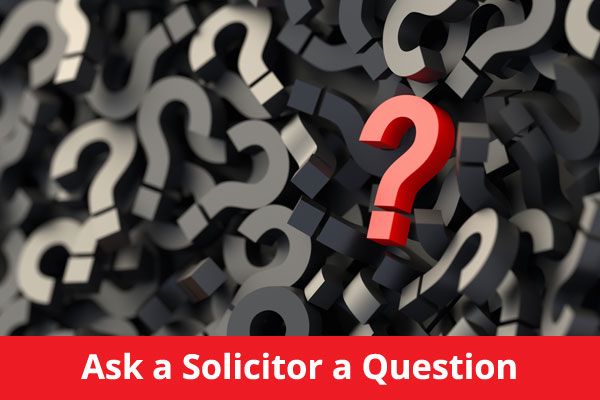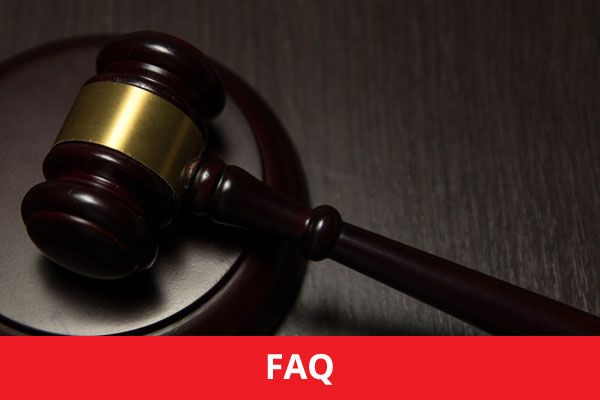Life Matters: Who Decides 'Vegetative State'?
(Posted on 19/08/12)
It's one of the most difficult aspects of life. How do we make the massive decision to allow loved one to go or keep him on life support? How do we know if it's too early to decide or too late to do anything? These questions - and hundreds more - haunt families every day as they're forced to hear their physicians say things like, "brain dead" or "vegetative state". Some families have definitive reasons for keeping their loved ones alive. They're sure it's never too late while others cite their faith and religious beliefs. Others say they will leave it to the medical professionals while still others say they'll leave it to God.
Now though, for one family, a London court will be deciding what happens to a man who's in a vegetative state following a heart attack. Considered an "eleventh hour" appeal, the family is hoping the court will allow them to keep their loved one alive at all costs.
The man, known as "L", is beyond help any human can provide, say doctors. They insist he's in a vegetative state with severe brain damage. They say his best interests aren't being acknowledged by continuing with any life saving treatments with a deteriorating condition. The family, however, says they're not ready to give up.
From a strictly human element stance, it's certainly understandable why the patient's wife and children don't want to let go. Grief is powerful. But death is natural. Still, the family wants the decision making process back where it belongs: those who love him.
Helen Lewis, who is a specialist in clinical negligence at Manchester law firm Pannone and who is also representing the family, said today, "L's wife and other family members believe that it is too early to give up and hope that his condition will improve." She reminds that it's only been five weeks since the brain damage was discovered and she says her clients are not convinced everything has been done for him. They want the opportunity to ensure they can spend the rest of their lives knowing they did all they possibly could. Further, she says they also want to be involved in any decision making efforts so that they might let others know what he would have wanted.
In the state L is currently in, he could live for months or longer, though medical experts say he will never improve. Mr Justice Ryder, who was the judge who heard the initial case, described L as a "vulnerable adult who lacked the capacity to make decisions about his treatment". He also said this case raises important social considerations, especially for what he refers to as "of serious medical treatment"
Now, the judges who will make this decision agree this case puts all in a "terrible predicament" as they want to follow the law though not disrespect any family members. They also say the case is "deeply moving and tragic". The ruling in this case should be announced on Tuesday.
3,120,002 page views




 (7)
(7) (0)
(0) (9)
(9)


